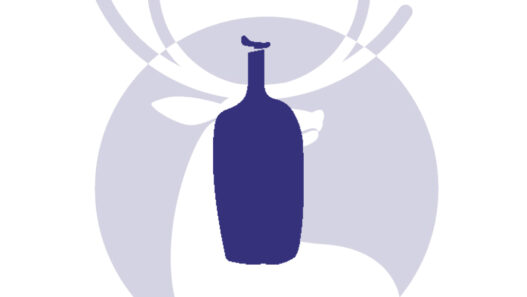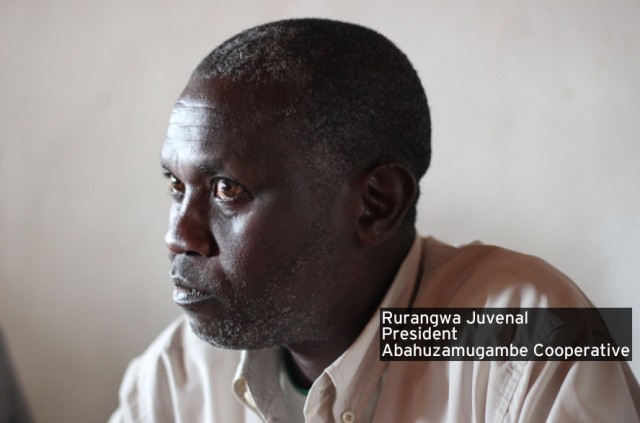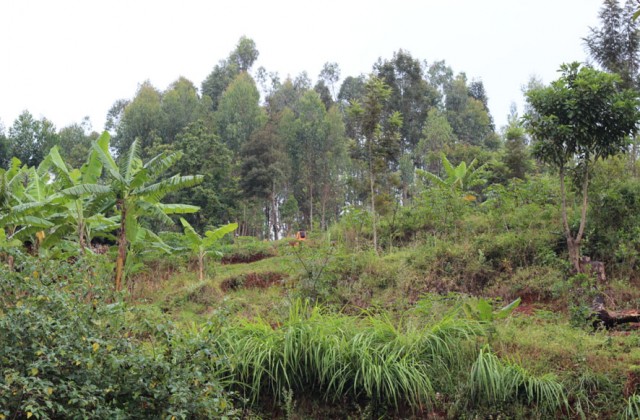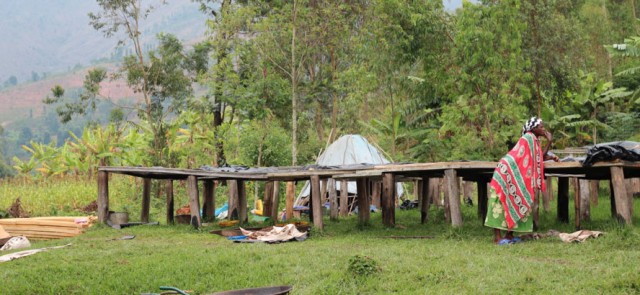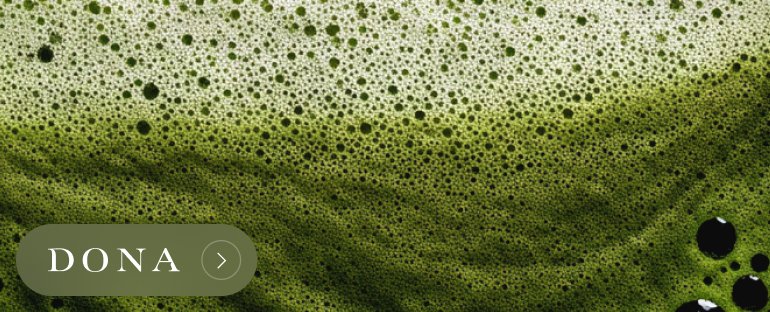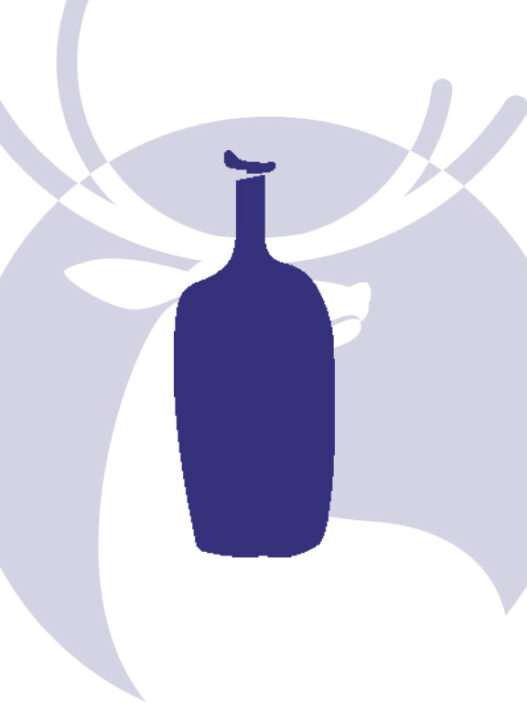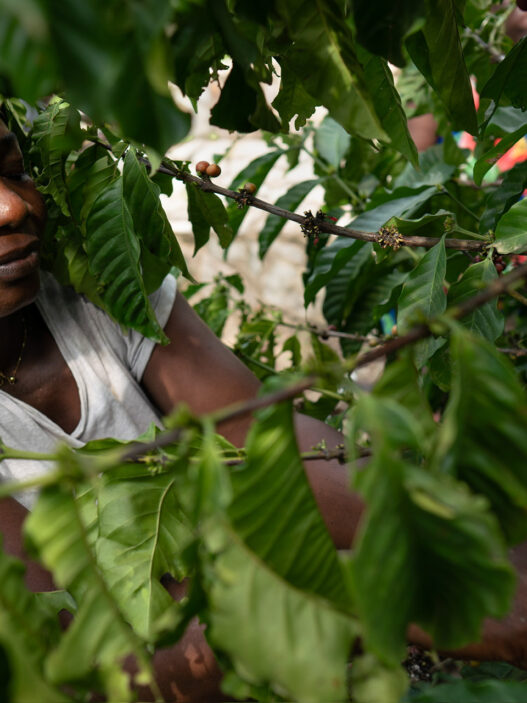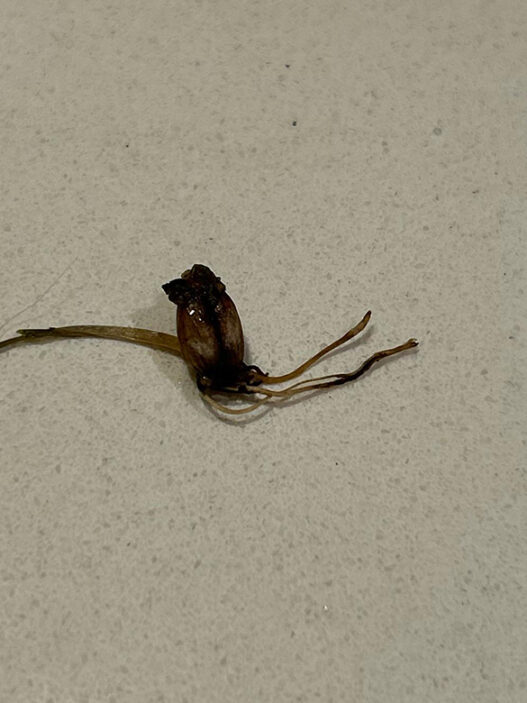A classically lush and tropical washing station environment, Cyrumbo is one of four washing stations serviced by the Abahuzamugambi Coopeartive, with offices, accounting, and a community tech center in the village of Kissa. Kissa is located near the larger village of Maraba, which is often how coffee from this cooperative is labeled in the West, kind of a shame given the phonetic glory of the word “Abahuzamugambi”, meaning “People working together to make a common cause” in the local Kinyarwanda language. This cooperative was founded in 1999, and is organized through an 8 person board, 3 person committee, 3 person control committee, and farmers general assembly comprising all 1872 member farmers. Their president is named Rurangwa Juvenal, his second-in-command is a woman named Marie Goretti Nyiranzabondora. Top board positions are rounded out by manager Biziyaremye Theophille, who sort of looks like a Rwandan version of Gustavo Fring from “Breaking Bad”.
The cooperative is fairly small, collects cherry from trees at 1750ml on average, and as a whole produces roughly 3 containers of coffee each year, much of which is purchased by Union Hand Roasted, a UK roaster based in London. The station itself was funded and built via the USAID PEARL project, and is now fully Fair Trade Certified, the premiums from which they’ve used to purchase Penagos depulping machines, address their waste water concerns, build a solar power electric station (still in process), and offer second payments to their cooperative members. Working capital for the cooperative comes from the previous year’s harvests, and from bank loans via Root Capital, a microloan organization that offers internet-based lending to agricultural enterprises in Rwanda and throughout the developing world.
When we say this washing station is “lush and tropical”, we mean it. There is plenty of water here; Cyrumbo is dug into a hillside, and diverts ample amounts of water into holding tanks via the gracious force of gravity. The hillside home of Cyrumbo is teeming with life, a symphony of bird calls offset by a literally dizzying amount of giant ants scuttling across the clay. This washing station is keenly focused on detail, as a means of ensuring quality coffee that can be sold at a premium price not attached to the international C-markets. Coffees here are repeatedly selected and sorted for defect: first at home by cooperative members, who separate defective cherries before being paid for their yield weight (a process that is checked by control agents at the cooperative prior to payment); the cherries are then “floated”, put into a tank where defects and bug damage will cause defective cherries to float to the top; and after de-pulping, the mucilage-laden coffee seeds are sent through a series of water shoots, a process that allows the station workers to separate heavier cherries (known as A1) from lighter cherries that pass more quickly through the channel (known as A2). Coffees are Cyrumbo are then dry fermented for 12-24 hours, then washed and soaked for around 6 hours before being moved to the traditional raised African sorting beds. All told, this washing station is fairly typical of the Rwandan washing process, though their attention to detail and sorting is noticeable, and was repeatedly highlighted by the cooperative members we had the opportunity to interview.
Union Hand-Roasted is the primary buyer for the highest grade coffees from the Cyrumbo washing station, and from Abahuzamugambi as a whole. The cooperative board spoke very highly of this relationship, which dates back to 2003. For more information, please see Union Hand-Roasted’s listing here.








